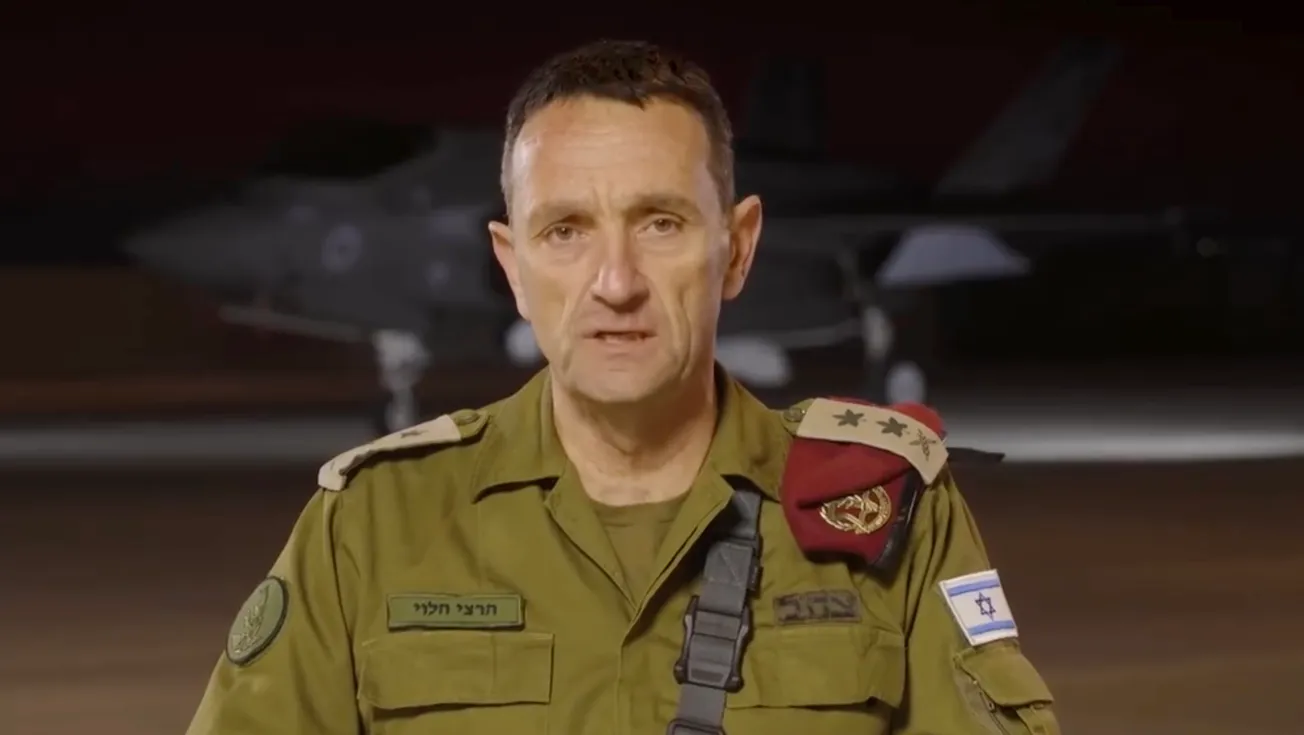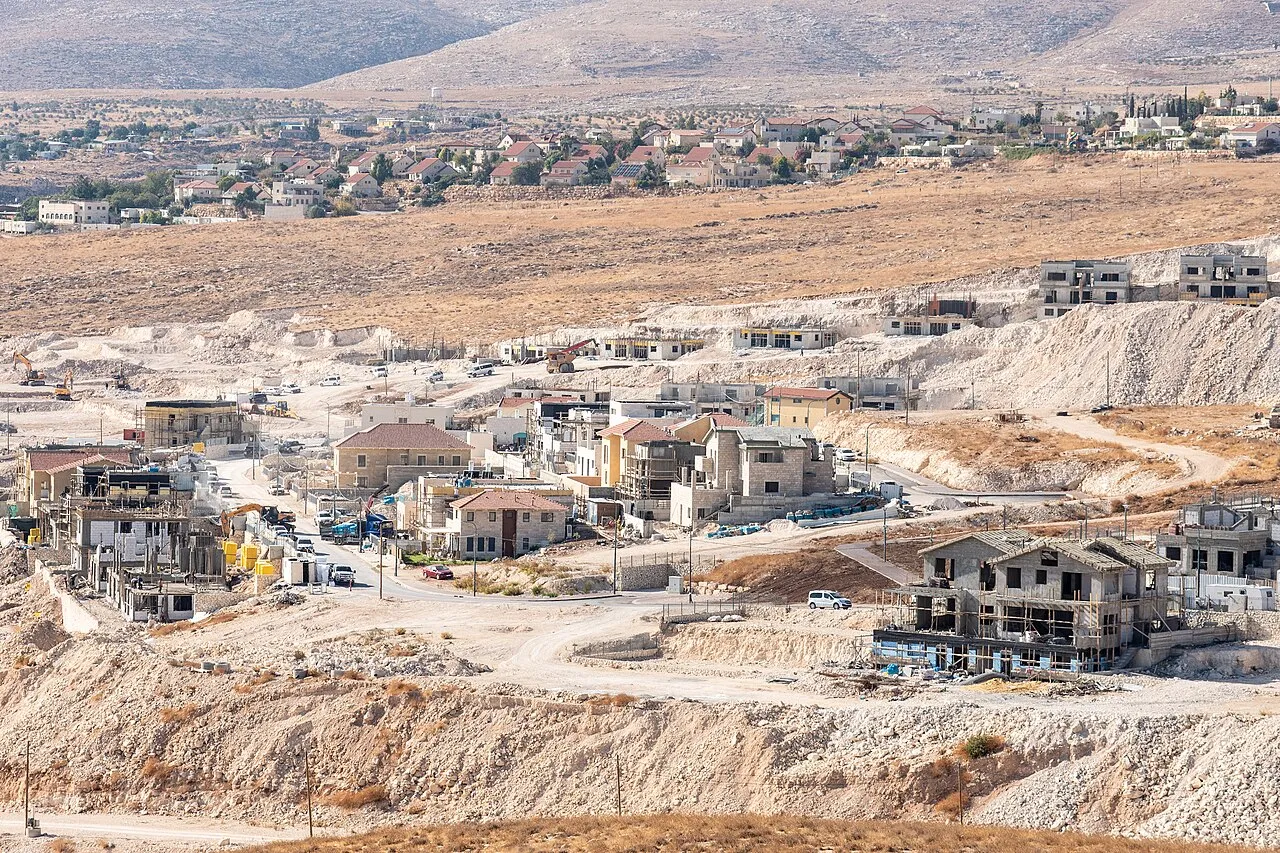Israel is holding off on retaliation against Iran for Tuesday night’s missile attack until it can coordinate with the U.S., reported Israeli journalist Barak Ravid, writing in Axios in the early morning of Oct. 2. A senior Israeli official told Axios one of the reasons Israel hasn’t responded yet—there was a cabinet meeting last night but no decision was made—was because Israeli officials want to consult with the Biden administration first.
While Israel is going to respond on its own, it wants to coordinate its plans with the U.S. because of the strategic implications of the situation. Another Iranian attack in response to an Israeli retaliation would require defensive cooperation with U.S. Central Command, more munitions for the Israeli air force, and potentially other kinds of U.S. operational support, the Israeli official said.
That coordination is indeed going on. The Israel Defense Forces (IDF) reported this morning that Chief of Staff Lt. Gen. Herzi Halevi spoke with U.S. Central Command chief Gen. Michael Kurilla. Israel’s military noted that the IDF and U.S. Armed Forces operated together in defense several days before and during the Iranian attack, reported the Jerusalem Post. “The IDF will continue to deepen its relationship with the U.S. Armed Forces due to our commitment to strengthening regional stability and the coordination between the militaries,” Israel’s military added.
As for what Israeli retaliation might look like, Axios’s Ravid reported that Iranian oil facilities or even the Iranian nuclear program could be targeted. Iran threatened on Oct. 1 that if Israel responds with force to the nearly 200 missiles it launched on Oct. 1, it will attack again, Ravid writes. If that happens, Israeli officials say all options will be on the table—including strikes on Iran’s nuclear facilities. “We have a big question mark about how the Iranians are going to respond to an attack, but we take into consideration the possibility that they would go all in, which will be a whole different ball game,” an Israeli official said. Many Israeli officials point to Iran’s oil facilities as a likely target, but some say targeted assassinations and taking out Iran’s air defense systems are also possibilities, Ravid reports further.





